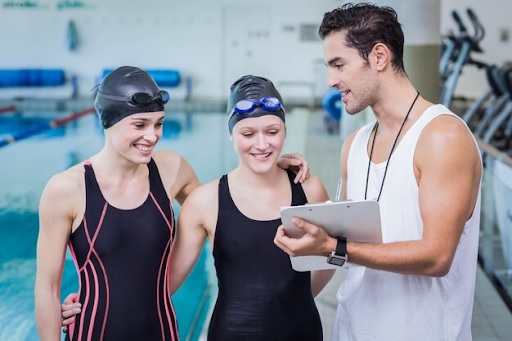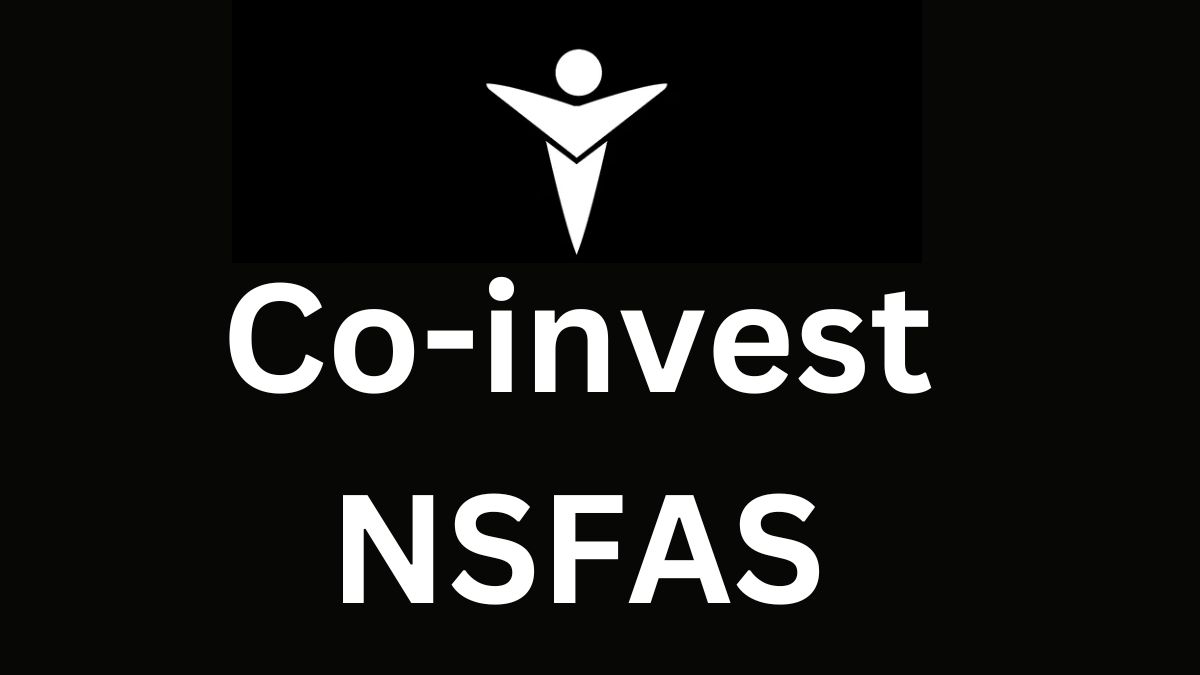The journey of coaching has been incredibly fulfilling, witnessing the transformation of swimmers from novices to international champions. My coaching philosophy revolves around the meticulous customization of programs to address individual strengths and weaknesses, encompassing not only technique and racing strategies but also delving into mental preparation and fostering holistic habits for well-being.
In the dynamic world of competitive swimming, the role of a qualified competitive swimming coach Singapore is paramount. This is particularly evident in regions like Singapore, where the demand for excellence is high. Education and training form the bedrock of coaching qualifications. A majority of coaches hold at least a bachelor’s degree in fields such as exercise science or kinesiology, with a master’s degree being advantageous. Certifications from reputable organizations, like the American Swim Coaches Association (ASCA), ensure coaches are well-versed in safety procedures, stroke techniques, nutrition, and mental training techniques tailored for swimmers.
The responsibilities of a competitive swimming coach are multifaceted and demanding. Beyond being a technical expert, a coach must embody qualities of patience, dedication, and passion. The ability to motivate and encourage swimmers to unlock their full athletic potential is a cornerstone of effective coaching. From teaching proper stroke techniques to providing constructive feedback, coaches must also excel in communication, setting clear expectations for performance goals and behaviour.
The benefits of being a competitive swimming coach are vast and extend beyond the pool. Establishing strong relationships with swimmers, serving as mentors, and witnessing tangible results from shared hard work are just a few of the rewarding aspects. The coach’s ability to connect with each swimmer on an individual level, both in and out of the pool, adds a personal touch that enhances the overall coaching experience.
However, it is essential to acknowledge the challenges faced by competitive swimming coaches. Developing effective training plans that strike a balance between speed and endurance, staying abreast of the latest training methods, and effectively managing injuries due to overtraining are significant hurdles. Recognizing signs of injury early on and planning alternative training approaches are crucial aspects of a coach’s responsibilities.
In conclusion, a competitive swimming coach is an invaluable asset to any swim team. Their influence extends far beyond the pool, guiding swimmers to achieve personal goals and pushing them to their limits. With the right coach, swimmers can navigate the waters of competitive swimming with confidence and unparalleled success.
As the sun sets on the poolside horizon, the role of a competitive swimming coach in Singapore becomes even more pronounced. In this vibrant and competitive landscape, coaches not only serve as technical guides but also as mentors shaping the future of swimming excellence. The cultural nuances and diverse talent pool in Singapore add an extra layer of complexity and excitement to the coaching experience, making it a truly unique and enriching endeavour.
In navigating the intricacies of coaching in Singapore, an astute coach understands the cultural contexts and tailors their approach to resonate with the diverse backgrounds of their swimmers. This involves not only understanding the nuances of competitive swimming but also appreciating the cultural tapestry that colours the experiences of each athlete. A coach in Singapore is not just a technical instructor; they are a cultural liaison, bridging gaps and fostering a sense of unity among their team.
In this multicultural and dynamic environment, the responsibilities of a competitive swimming coach expand to include not only technical prowess but also cultural sensitivity. The coach becomes a figurehead, inspiring not just athletic excellence but also embodying the values of respect, diversity, and inclusion. The ability to communicate effectively takes on added significance as the coach navigates the cultural diversity within the team, fostering an environment where every swimmer feels seen, heard, and valued.
The benefits of being a competitive swimming coach in Singapore are heightened by the rich tapestry of experiences offered by this vibrant nation. Building strong relationships with swimmers takes on a new depth as coaches navigate the intersections of various cultural backgrounds. Serving as mentors becomes an even more impactful role as coaches guide young swimmers not just in their athletic pursuits but also in navigating the cultural landscapes that shape their identities.
The challenges faced by competitive swimming coaches in Singapore mirror those encountered globally but with an added layer of cultural intricacy. Developing effective training plans requires an understanding of not just the physical capabilities of the athletes but also the cultural nuances that may impact their training schedules and routines. Managing injuries becomes a delicate balance between physical well-being and cultural expectations, requiring coaches to be attuned not only to the physiological signs but also to the cultural nuances that may influence recovery.
In conclusion, being a competitive swimming coach in Singapore is a distinctive and enriching experience. It transcends the boundaries of traditional coaching, requiring not only technical expertise but also cultural acumen. As the coach guides swimmers through the waters of athletic excellence, they also navigate the cultural currents, creating a truly unique and rewarding coaching journey.










